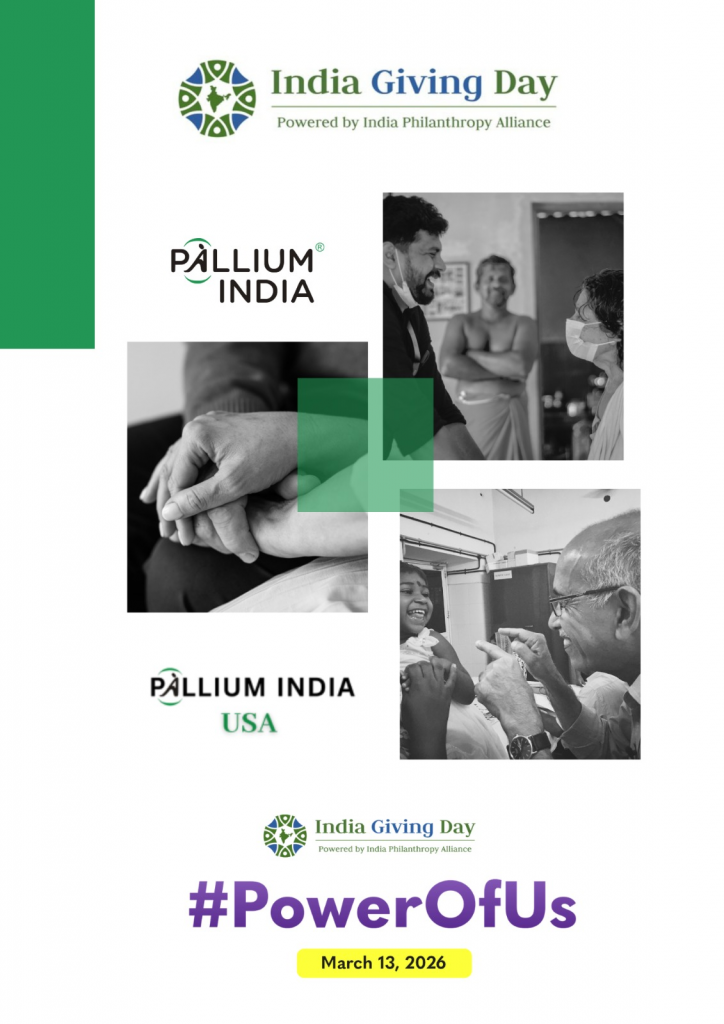“I’ve seen first-hand how palliative care in India is compromised by privatisation”
“India is a stark example of how commodifying healthcare can lead to corruption, erode doctors’ integrity and damage relationships with patients”, says Dr Hannah Fox who volunteered for a palliative care organization in Kolkata for six months. “Money ultimately distorts decision making regardless of the culture or country”.
 In an article published in the Guardian, Hannah continues, “I looked after a young man with multiple myeloma, paralysis and the worst bedsore I have ever seen eroding through his left buttock to the bone. When I first met him he was smiley with a gentle manner and few complaints. Over a month his physical condition and spirit declined. When he developed a severe infection, his wife was the one to say ‘I think he is dying’. She was right, and a plan was made to withhold antibiotic and continue symptomatic treatment. The next morning I found he had been admitted to intensive care overnight. He had had a central line inserted, was hooked up to monitoring with pumps delivering expensive antibiotics and medication to maintain his blood pressure. He was no longer able to communicate, semi-conscious and distressed. His family was only allowed to visit for a few hours each day. Despite my best efforts the treatment continued until he died a week later”.
In an article published in the Guardian, Hannah continues, “I looked after a young man with multiple myeloma, paralysis and the worst bedsore I have ever seen eroding through his left buttock to the bone. When I first met him he was smiley with a gentle manner and few complaints. Over a month his physical condition and spirit declined. When he developed a severe infection, his wife was the one to say ‘I think he is dying’. She was right, and a plan was made to withhold antibiotic and continue symptomatic treatment. The next morning I found he had been admitted to intensive care overnight. He had had a central line inserted, was hooked up to monitoring with pumps delivering expensive antibiotics and medication to maintain his blood pressure. He was no longer able to communicate, semi-conscious and distressed. His family was only allowed to visit for a few hours each day. Despite my best efforts the treatment continued until he died a week later”.
We hope the medical system in India will see the writing on the wall. There are many injustices; we need to focus on some in our advocacy. Every year, there are more voices raised against the social evil of torturing patients and families at end of life. This unethical practice has to stop.







Spot on!
I suppose there are cultural issues that drive such tendencies, unfortunately, in favour of commercial health institutions: 1. The fascination that more expensive is always better and 2. the moral obligation of the family to ‘do everything possible till the very end’. The combination of the two, in a desperate situation of having to face their loved one go through immense suffering and not knowing what to do, leads them to make decision that benefit only the institution and not the patient or the family.
Our society increasingly seems to be more concerned about “oh they looked after him very well till the end” (because they admitted the patient in the most expensive hospital possible) and less about a ‘good death’ for the person concerned.
Palliative care in India, therefore, has the task of creating awareness among communities to deal with such attitudes in addition to relief of pain and suffering for the promotion of a more humane and dignified end of life care.